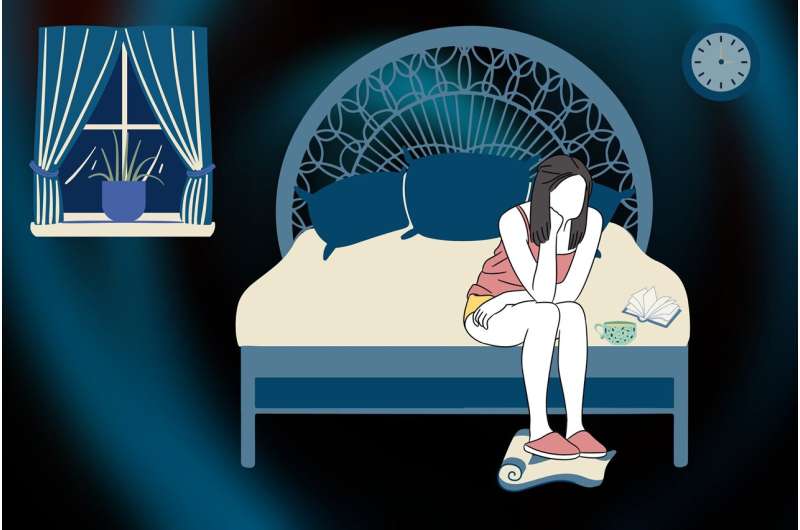Long-Term Effects of Abuse on Former Elite Gymnasts Revealed by Recent Study

A new study reveals that abuse endured by elite gymnasts continues to affect their mental and physical health long after retirement, emphasizing the need for safeguarding athletes' well-being.
Recent research highlights that female elite gymnasts continue to suffer from the repercussions of abuse and neglect experienced during their active careers well into adulthood. Conducted by sports scientist Natalie Barker-Ruchti at Örebro University, Sweden, the study offers critical insights into the lasting impact of earlier maltreatment in gymnastics.
Barker-Ruchti interviewed 19 former gymnasts aged between 20 and 53 years from various countries across four continents. Her findings identified 54 different negative consequences that these athletes endured during their competitive years, many of which persisted into their post-retirement life. Participants reported issues such as depression, eating disorders, feelings of vulnerability, guilt, chronic pain, anxiety, and a hesitancy to involve their children in gymnastics. Interestingly, some aspects like personal growth were noted as not entirely negative. The study found little variation in the experiences reported across different age groups and nationalities.
The research underscores the importance of recognizing and addressing abuse in sports, as attitudes toward harmful training practices have evolved over the past decades. Barker-Ruchti emphasized that, twenty-five years ago, discussions around abuse, assault, or violence in gymnastics were virtually nonexistent. Today, language exists to describe these experiences, enabling both active and retired athletes to recognize and articulate their histories.
Her work aims to support current and former gymnasts through scientific inquiry, hoping to foster change in the treatment and safety of athletes. Barker-Ruchti is also taking on a role as an ethics specialist with the Swiss Olympic Committee, where she intends to help improve conditions for athletes in Switzerland.
The study, published in the British Journal of Sports Medicine, builds upon Barker-Ruchti’s earlier research, which indicated shifting attitudes toward abusive training practices over time. Her continuous efforts focus on applying rigorous scientific methods to enhance athlete well-being and advocate for safer sporting environments.
This research not only raises awareness but also serves as a foundation for policy change and increased protective measures for gymnasts worldwide.
Stay Updated with Mia's Feed
Get the latest health & wellness insights delivered straight to your inbox.
Related Articles
Exploring the Interconnection Between Sleep Patterns and Mental Health
Discover how sleep and mental health influence each other, and explore effective strategies to improve sleep hygiene for better emotional well-being.
Innovative AI Chatbot Supports Social Skills Development for Individuals with Autism
A novel AI chatbot named Noora is helping individuals with autism spectrum disorder improve their social and empathetic responses through personalized, accessible training, showing promising results in clinical trials.
Incorporating Daily Micro-Acts of Joy to Boost Happiness and Well-Being
Discover how simple daily micro-acts like sharing joy, practicing gratitude, and kindness can significantly enhance mental well-being and reduce stress, as shown by recent research from UCSF.



